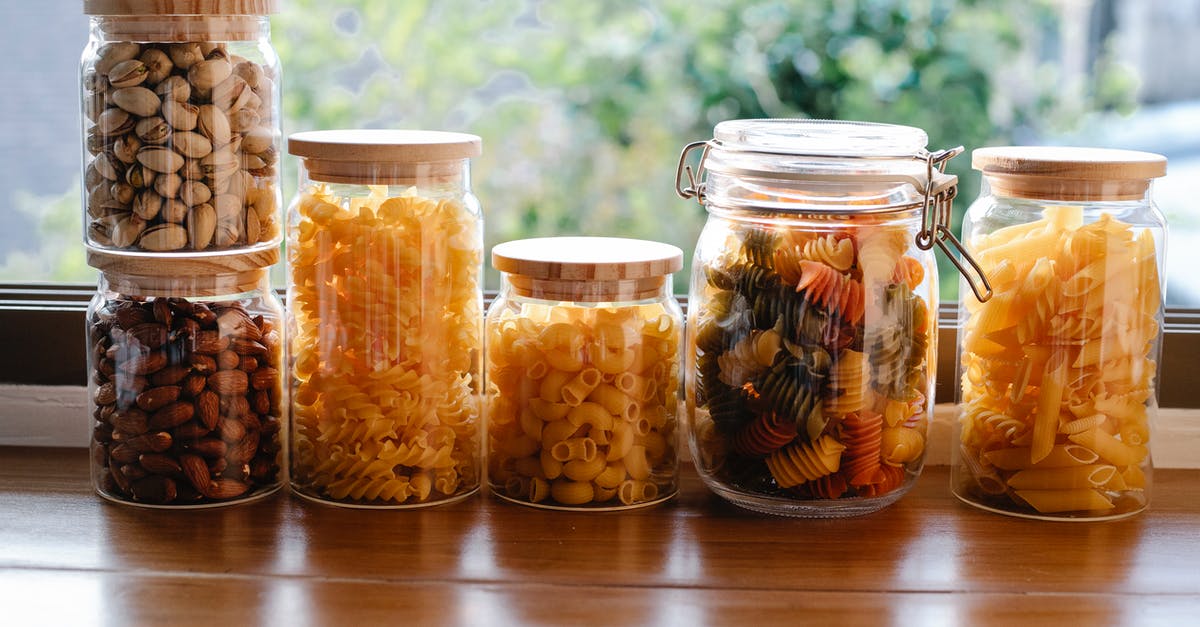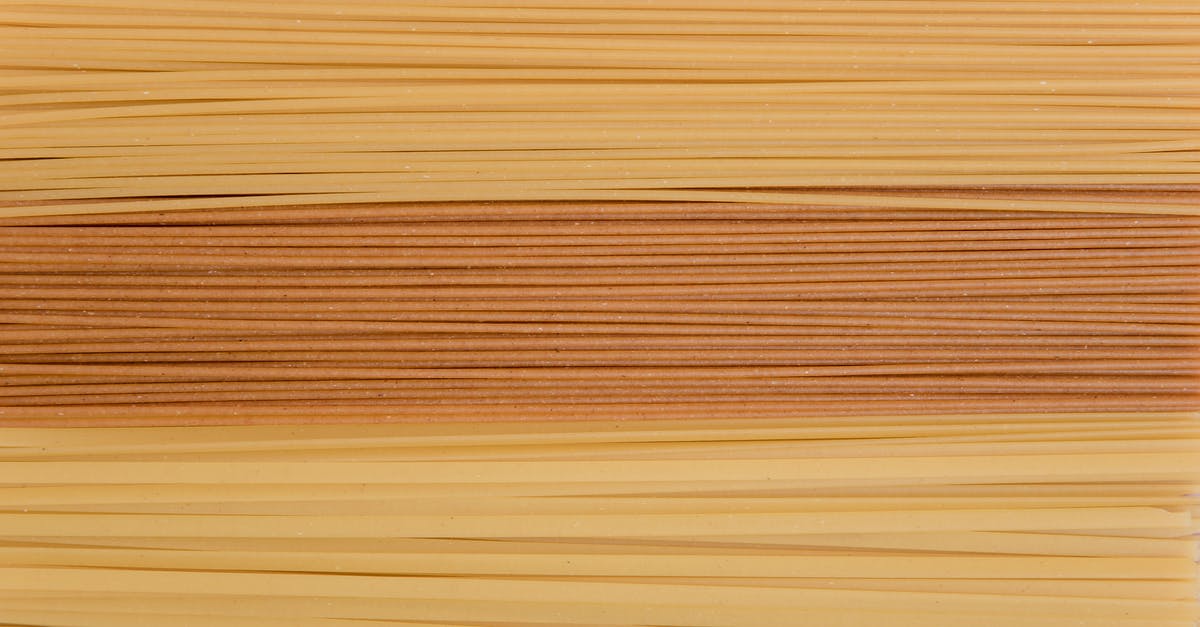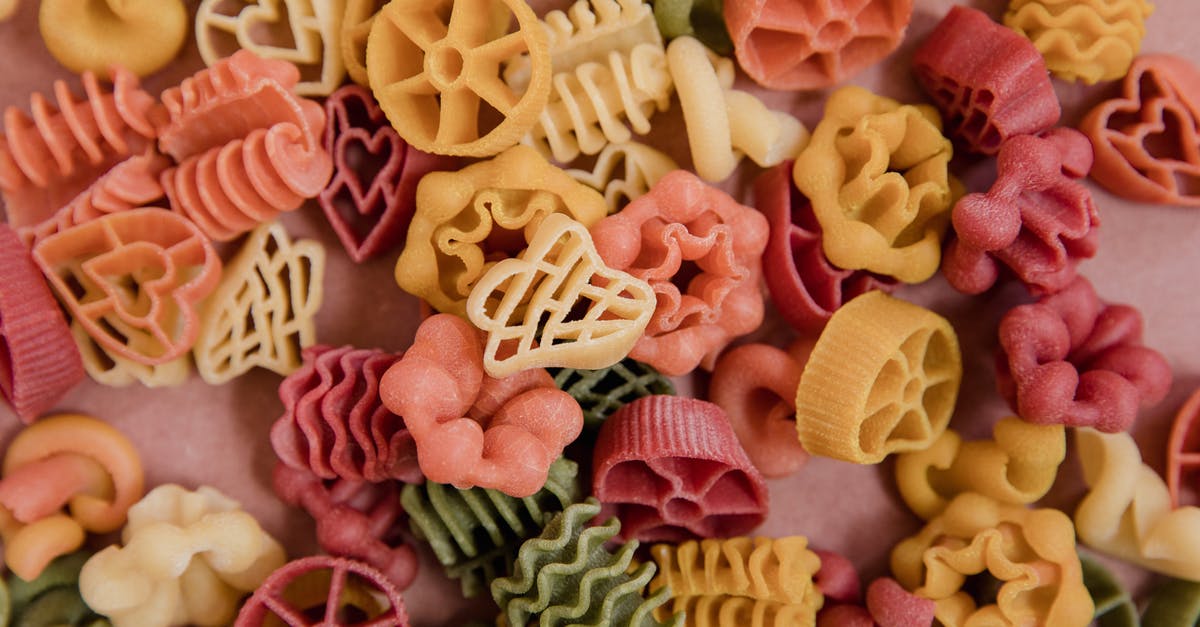Why does dried pasta say "Do not reheat" on the packet?

I've noticed quite a few packets of durum wheat semolina (supermarket own-brand dried pasta) has this warning. This applies to macaroni and spaghetti etc. but similar products from other supermarkets don't have this.
I've also seen it on raw cubed beef and sausages from other supermarkets in the UK.
While I can understand this warning on meat products, and would expect such a warning on storing/reheating rice (but haven't seen that many), it would seem more appropriate to give the appropriate storage/reheating advice than just a blanket, terse "Do not reheat". If taken literally, this would be goodbye to special fried rice, reheated casserole or lasagna.
Provided the dish was properly cooked, stored and reheated, I cannot think of any food safety risk by doing so (especially in the case of pasta). Is this just legal overkill, food presentation advice or marketing jargon to sell more product? Or am I missing some critical food safety factor here?
Best Answer
Consider this as not backed by authority, more opinion, but I believe this is a case of caution because once hydrated and warm pasta can become a prime breeding ground for bacteria. On reheating, you may well not get it high enough or high for long enough to kill any bacteria, and its density makes it even more difficult to remove any built up toxins those potential bad guys may have produced.
Now, is it a case of CYA? Yup, more than likely, but I know in the case of rice there are many reports of food poisoning from cold and re-warmed, and I would think it is possible with pasta as well. I still do it myself, but that is my choice. I have also never noticed packaging that said not to, so this might be a labeling requirement not adopted in the US.
As for things like fried rice made from cold rice, not sure that one really applies. To me that is cooking a new dish, not reheating and to me it seems like that is heating enough it should be safe. Thoroughly reheating a dish like lasagna to normal serving temperature, especially if the original dish was not left in the danger zone for an extended time would seem safe to me also. But those are opinions, not facts backed up by lab tests and it is possible UK health agencies have tested and do not agree.
ETA: Pasta Safety is a posting I found after stating my opinion, and it details the risk. Their claim is basically as long as it is refrigerated, 2-3 days should be safe, but not longer. Bacillus cereus bacteria is the sited culprit. Hmmm. I personally would say refrigerate promptly and the 2-3 days is likely conservative, but again, that is opinion not backed by tests.
Pictures about "Why does dried pasta say "Do not reheat" on the packet?"



Why does dry pasta say do not reheat?
On reheating, you may well not get it high enough or high for long enough to kill any bacteria, and its density makes it even more difficult to remove any built up toxins those potential bad guys may have produced.Why do some products say do not reheat?
This is because the more times you cool and reheat food, the higher the risk of food poisoning. Bacteria can multiply when cooled too slowly or reheated insufficiently. Foods should be heated until they reach and maintain 70\xbaC or above for 2 minutes.How can you tell if dried pasta is bad?
How can I tell if pasta is bad? Like we said, dry pasta doesn't really go \u201cbad.\u201d It won't harbor bacteria, but it can lose its flavor over time. Use your best judgment based on appearance, texture and smell: If the pasta is at all discolored or smells rancid, toss it.Can bacteria grow on dried pasta?
Food poisoning bacteria must have moisture to stay alive. Bacteria will not multiply in dried foods such as dried pasta, rice, biscuits.SOFT FLOUR TORTILLAS | Tortilla Freezer Prep | How To Freeze Flour Tortillas
Sources: Stack Exchange - This article follows the attribution requirements of Stack Exchange and is licensed under CC BY-SA 3.0.
Images: Sarah Chai, Karolina Grabowska, RODNAE Productions, RODNAE Productions
